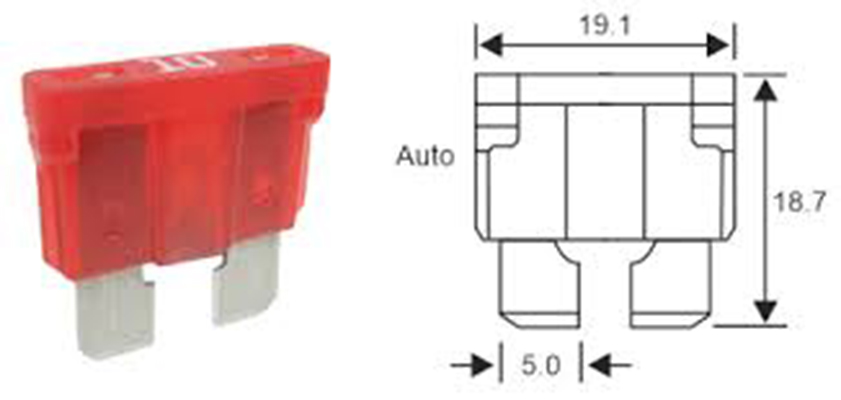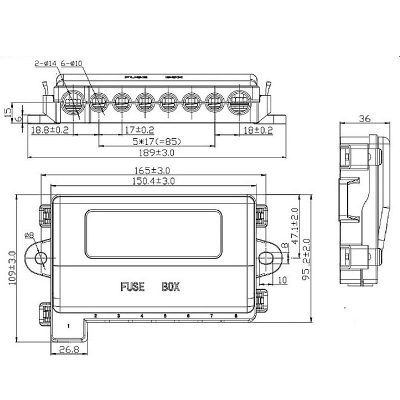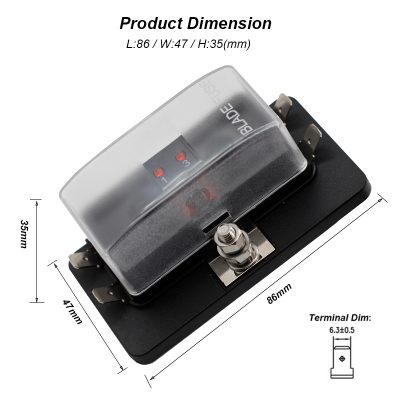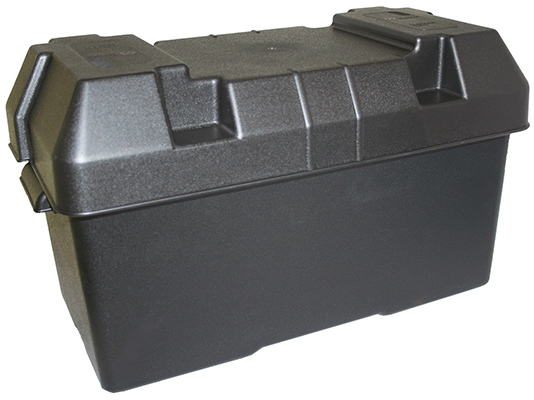Optimal Storage Conditions for Automotive Fuses to Preserve Performance
News 2025-10-24
Automotive fuses play a vital role in safeguarding vehicle electrical systems by interrupting excessive current flow and preventing potential hazards. Ensuring their performance remains intact requires careful attention to storage conditions, as environmental factors can lead to degradation over time. This affects reliability in critical applications like engine management and lighting systems, where consistent operation is paramount. By focusing on proper storage, users can maintain the fuses’ ability to handle high currents without failure, enhancing overall vehicle safety and longevity.

Environmental Influences on Fuse Integrity
Temperature and humidity are primary factors that impact automotive fuse durability. Storing fuses in conditions where temperatures exceed 40°C or drop below 0°C can cause material expansion or contraction, leading to cracks in the fuse elements. High moisture levels accelerate corrosion on metal contacts, reducing conductivity and increasing the risk of malfunction. In automotive contexts, such as repair shops or distribution centers, controlling these elements preserves the fuse’s breaking capacity and ensures it performs reliably under stress, supporting efficient circuit protection in diverse driving scenarios.
Practical Recommendations for Storage
Effective storage strategies involve using sealed containers and climate-controlled environments to shield fuses from contaminants. For instance, in manufacturing facilities, fuses should be kept in dry, dust-free areas with humidity below 50% to prevent oxidation. This approach highlights performance benefits like extended operational life and maintained electrical resistance, which are essential for applications in electric vehicles and advanced driver-assistance systems. Proper labeling and rotation of stock further optimize storage, ensuring fuses retain their protective qualities when deployed in real-world automotive settings.
1. What temperature range is best for storing auto fuses?
A range of 10°C to 30°C helps avoid thermal stress that could compromise fuse reliability.
2. How does humidity affect fuse performance?
High humidity can cause corrosion, leading to inconsistent current handling and potential safety risks in vehicles.
3. What are common storage errors to avoid?
Avoid exposing fuses to direct sunlight or chemicals, as this can degrade materials and reduce their effectiveness in protecting circuits.


